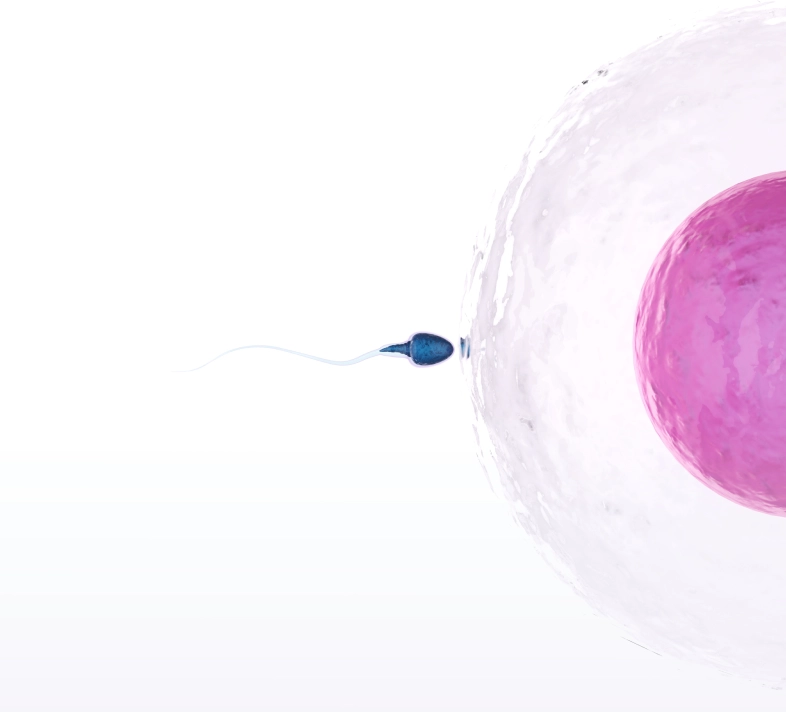
panel
Description
Discovering genetic reasons behind infertility aids patients in making informed choices about family planning. Approximately 10% of infertility cases stem from genetic factors, making their identification crucial. Genetic testing offers crucial insights for many couples struggling with infertility, often paving the way for success through various assisted reproductive methods. Understanding the cause of infertility significantly enhances the prospects of starting a family.
tested
Considerations for potential genetic conditions include family history from both you and your partner
A history of infertility, recurrent miscarriages, repeated failed IVF attempts, or stillbirths
Previous pregnancies or children affected by genetic conditions or birth defects
Those who consider Assisted Reproductive Technology (ART) options for those facing fertility challenges
Advanced maternal age
| Panel name | No.of genes covered | ||||
|---|---|---|---|---|---|
| Comprehensive | |||||
| Comprehensive Reproductive Panel | 237 | ||||
| Comprehensive Common Syndromes & Disorders | 37 | ||||
| Individual | |||||
| Y-chromosome Microdeletions | 4 | ||||
| Turner Syndrome | - | ||||
| Klinefelter Syndrome | - | ||||
| Spermatogenic Failure | 21 | ||||
| Premature Ovarian Syndrome/Primary Ciliary Dyskinesia | 31 | ||||
| Ovarian Hyperstimulation Syndrome | 16 | ||||
| Male Infertility | 25 | ||||
| Female Infertility | 19 | ||||
| Hypogonadotropic Hypogonadism | 10 | ||||
| Germline Aneuploidy of Chromosomes 13, 18, 21, and X | - | ||||

